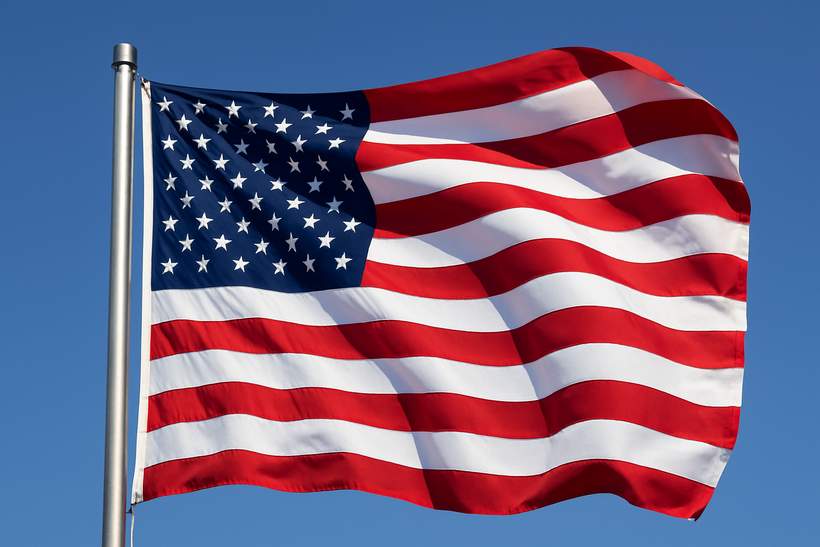Americans Support State Regulation of Prediction Markets, Finds AGA Study

Strong Public Support for Regulating Sports Event Contracts
A recent study conducted by the American Gaming Association (AGA) reveals that a majority of Americans favor regulating sports event contracts offered via prediction markets in a manner similar to regulated state sports betting. This research highlights growing public demand for clear oversight in this emerging area of betting.
Survey Results Reflect Views on Prediction Markets
Between August 1 and 8, YouGov carried out an online poll for the AGA involving 2,025 registered voters representative of the national population, with a margin of error of ±2%. The survey findings show that 85% of respondents perceive sports event contracts as closely related to gambling rather than financial instruments, indicating strong support for government regulation. Only 6% considered these contracts comparable to financial products.
Furthermore, 80% believe these sports event contracts should be regulated just like other types of online sports betting. A notable 65% think that regulation should be managed by state and tribal gaming authorities rather than the federal Commodity Futures Trading Commission (CFTC), which currently governs commodities and financial derivatives.
Support for state control is reinforced by 84% of Americans and 69% of sports bettors who feel that these contracts should be available only through state-licensed sportsbooks operating legally within each jurisdiction. Additionally, 69% agree that individual states should have the power to decide if and how these contracts can be offered within their borders.
There is also public concern about the legality of existing prediction platforms. Approximately 70% of those surveyed believe these platforms exploit legal gaps to act as unlicensed sportsbooks, circumventing established sports betting regulations.
Advocacy for Enhanced Regulatory Measures
Bill Miller, AGA’s president and CEO, highlighted that the research clearly indicates Americans can identify when an activity constitutes sports betting. He emphasized the public’s expectation that prediction markets offering sports event contracts should comply with the same rules and consumer protections as regulated sportsbooks. Miller called on the CFTC to enforce regulations that prohibit gambling-style contracts and urged Congress to exercise oversight to prevent prediction markets from becoming unregulated gambling conduits.
The AGA’s findings underscore the need for consistent and robust regulation of new gaming products to protect consumers and promote responsible gambling. While some industry leaders argue that sportsbooks maintain an advantage over prediction markets, operators like Kalshi and Polymarket are currently taking advantage of regulatory loopholes to offer sports wagering-like products without being regulated as traditional sportsbooks.
Given the widespread public support for oversight revealed by the survey, regulatory authorities may increase scrutiny of these platforms in the near future to ensure compliance and consumer protection.